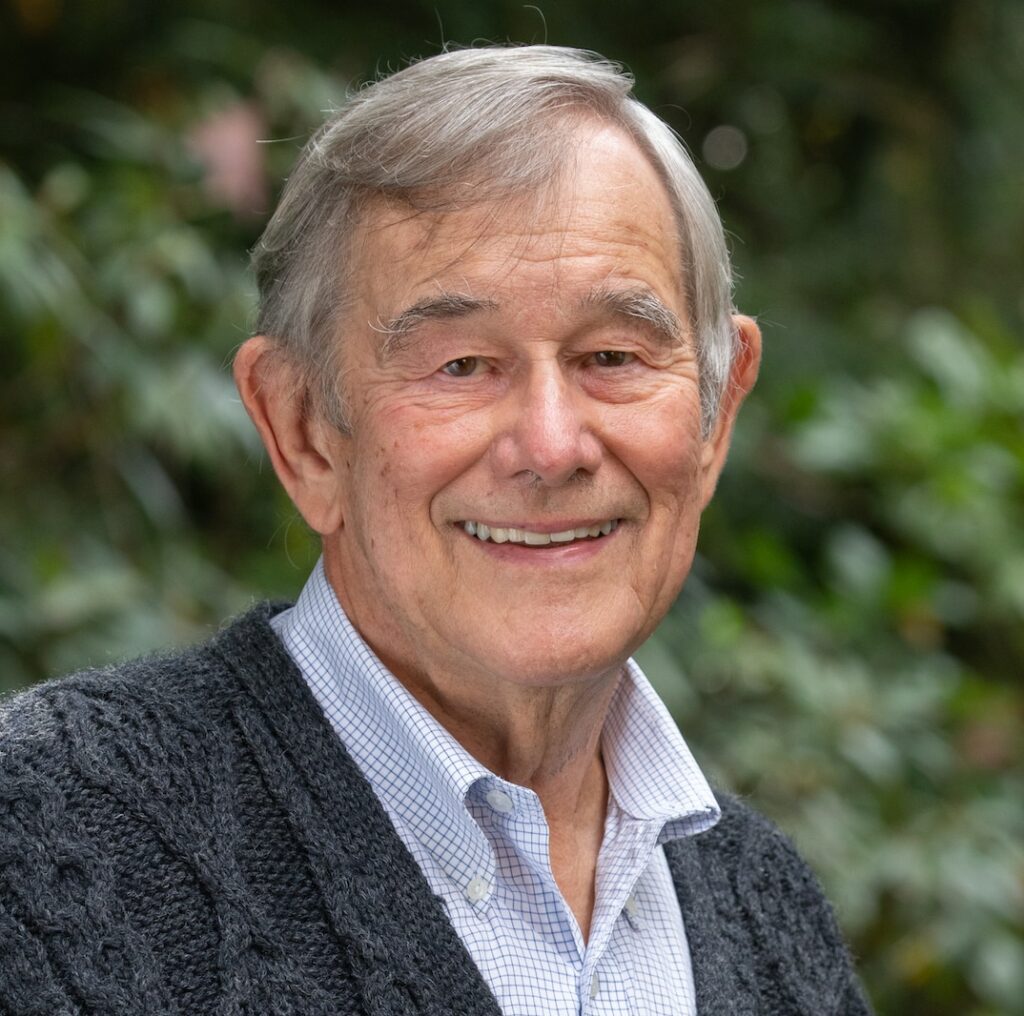

Invited Speaker
Professor Paul E. Peterson
Henry Lee Shattuck Professor of Government,
Harvard University
Are Connections the Way to Get Ahead?
Social Capital, Student Achievement, Friendships, and Social Mobility
Chetty et al. (2022) say county density of cross-class friendships (referred to here as “adult-bridging capital”) has causal impacts on social mobility within the United States. We instead find that social mobility rates are a function of county density of family capital (higher marriage rates and two-person households), community capital (community organizations, religious congregations, and volunteering), and mean student achievement in grades 3-8. Our models use similar multiple regression equations and the same variables employed by Chetty et al. but also include state fixed effects, student achievement, and family, community, schoolbridging (cross-class high school friendships), and political (participation and institutional trust) capital. School-bridging capital is weakly correlated with mobility if adult-bridging is excluded from the model. R-squared barely changes when adult-bridging is incorporated into the model. When it is included, mobility continues to be significantly correlated with the achievement, family, and community variables but not with school-bridging and political ones. We infer that county mobility rates are largely shaped by parental presence, community life, and student achievement. To enhance mobility, public policy needs to enhance the lives of disadvantaged people at home, in school, and in communities, not just the social class of their friendships.
About the presenter:
Paul E. Peterson is Henry Lee Shattuck Professor of Government, Director of the Program on Education Policy and Governance, and Senior Editor of Education Next: A Journal of Opinion and Research, all at Harvard University. He is also a Senior Fellow at the Hoover Institution. He is a member of Hoover’s Education Success Initiative focusing on the improvement of education policy and providing public education solutions for state education and policy leaders.
Peterson’s research interests include educational policy, federalism, social capital, and charter schools. He has evaluated the effectiveness of school vouchers and other education reform initiatives, identified growth in student performance and closing of social and ethnic gaps over the past fifty years, and identified gains in student performance at charter schools.
Peterson is a member of the American Academy of Arts and Sciences and the National Academy of Education. Peterson is a recipient of a John Simon Guggenheim Fellowship, the Woodrow Wilson Award from the American Political Science Association for the best book published in government or international relations and the Walton Family Foundation Prize for Best Academic Paper on School Choice and Reform awarded by the Economics and Finance Policy Association. The Editorial Projects in Education Research Center reported that Peterson’s studies on school choice and vouchers were among the country’s most influential studies of education policy.
Recent books include Saving Schools: From Horace Mann to Virtual Learning and, with Eric Hanushek and Ludger Woessmann, Endangering Prosperity: A Global View of the American School.
About Our Webinar Series
This event is part of our regular webinar sessions for social capital researchers including PhD/master students. These sessions include invited presentations from prominent scholars as well as presentations by PhD students and experts in professional practice.
For social capital researchers, these sessions are an opportunity to hear about the latest social capital research and insights from scholars working on the concept. They can be a great way to connect with people, to get advice, discuss ideas or issues, get suggestions for literature to read, or you can just listen.
Are you researching social capital and want to present your research? Click here for more information and to submit a proposal.
Generally, presentations can be 20 to 30 mins. The content of your presentation will depend on your research stage.

